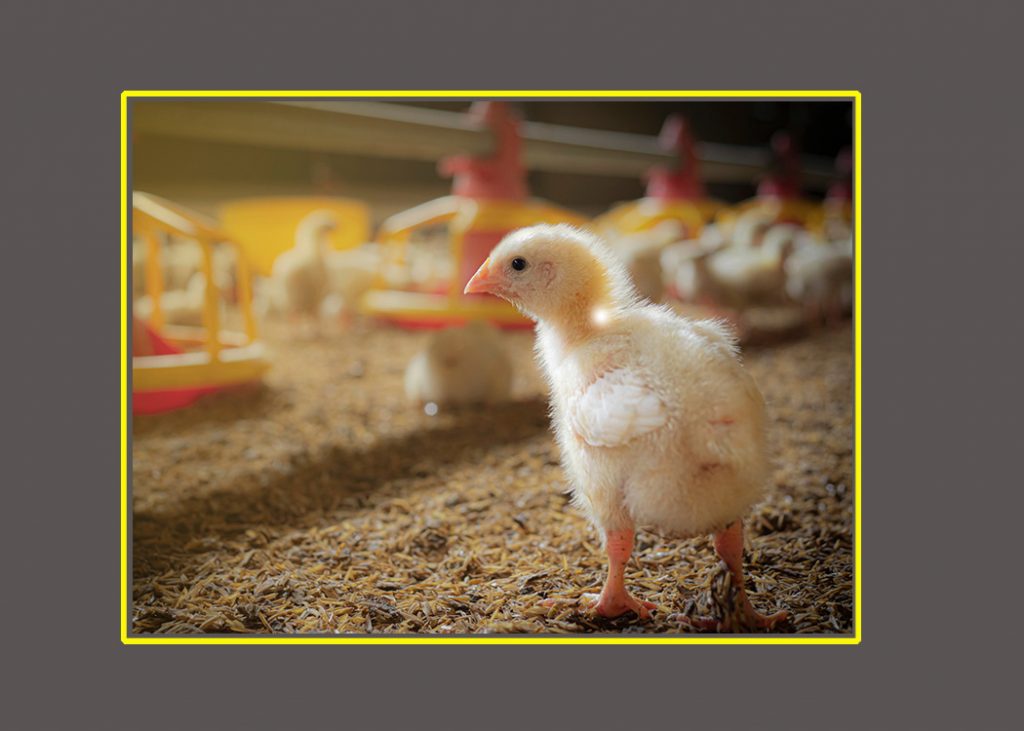
By M Irfan Ali
Poultry litter management is a vital component of successful poultry farming, directly influencing bird health, farm performance, environmental sustainability, and economic viability.
Poultry litter consists of a mix of bedding materials, such as wood shavings, straw, or rice hulls—and manure produced by the birds. This combination absorbs moisture, controls odors, and provides cushioning for the birds. However, if not properly managed, poultry litter can lead to significant problems, including the spread of disease, ammonia emissions, and environmental contamination.
Choosing the right bedding material is crucial for effective poultry litter management. Materials like wood shavings, pine sawdust, and rice hulls are preferred for their absorbent properties and odor control capabilities. High-quality litter should be clean, free from contaminants, and maintain adequate dryness to minimize microbial growth and odors.
Managing moisture levels is essential, as excess moisture can foster harmful bacteria and fungi, leading to respiratory issues and footpad dermatitis in poultry. Regular monitoring and maintenance, such as frequent litter turning or adding absorbent materials, help ensure a healthy environment for the birds.
Litter temperature also plays a key role in microbial activity and bird health. Elevated temperatures can promote pathogen growth and increase ammonia production. Proper ventilation and effective litter management are necessary to regulate temperature and create a stable environment for the poultry.
Ventilation is crucial for controlling ammonia levels and removing excess moisture from the poultry house. Ammonia, a byproduct of nitrogenous compound decomposition in the litter, can cause respiratory problems and affect bird performance. Adequate ventilation, using fans and air exchange systems, helps maintain air quality and minimize ammonia buildup.
Regular litter management practices, such as turning, stirring, or replacing litter, are essential for maintaining quality. Turning the litter helps distribute moisture and prevent wet spots, while aiding in the decomposition of organic matter. Litter replacement is necessary when it becomes excessively soiled or deteriorates in quality.
Proper litter management is vital for disease prevention, reducing the risk of outbreaks by minimizing pathogen and parasite buildup. Routine cleaning and disinfection of poultry houses, combined with effective litter management, create an environment less conducive to disease transmission.
Poultry litter is nutrient-rich, making it valuable for crop production. However, improper management can lead to nutrient runoff and environmental pollution. Implementing practices like proper litter storage, nutrient testing, and following application guidelines ensures sustainable use and prevents negative impacts on surrounding ecosystems.
Effective litter management leads to healthier birds, reducing respiratory issues, footpad dermatitis, and other health problems, resulting in lower veterinary costs. Birds in well-maintained environments typically exhibit better growth rates, feed conversion, and overall performance.
Efficient litter management also minimizes the need for costly interventions and replacements, reducing operational costs and improving profitability. Additionally, it helps mitigate environmental impacts, such as nutrient runoff and ammonia emissions, supporting sustainable poultry farming.
By focusing on litter quality, moisture control, temperature management, ventilation, and disease control, poultry farmers can create an optimal environment for their birds. Prioritizing sustainable practices enhances the benefits of effective litter management, ensuring high standards of animal welfare, farm efficiency, and environmental stewardship as the poultry industry continues to evolve.





